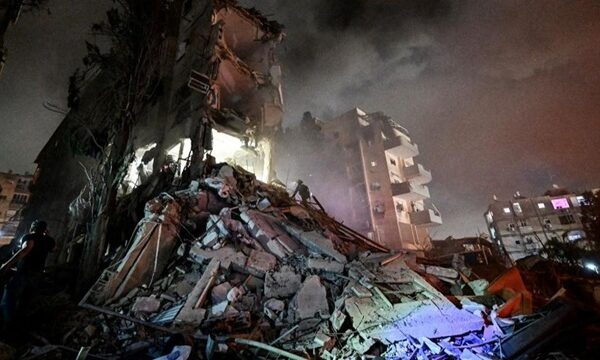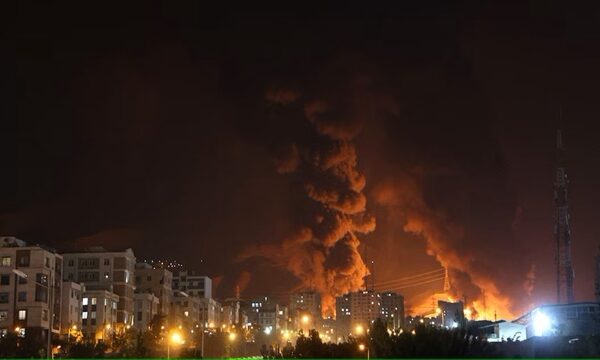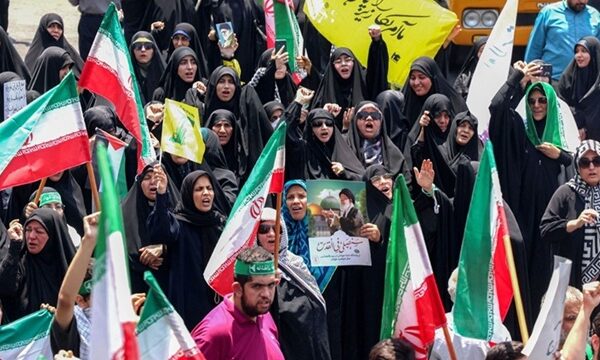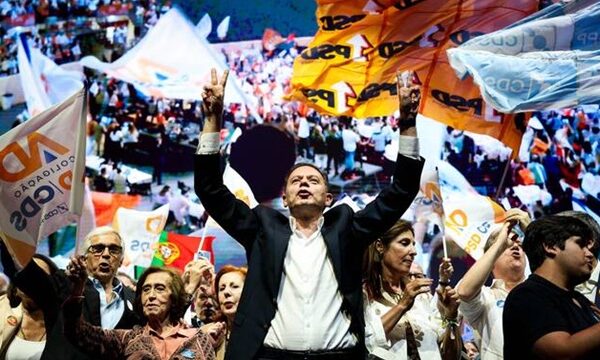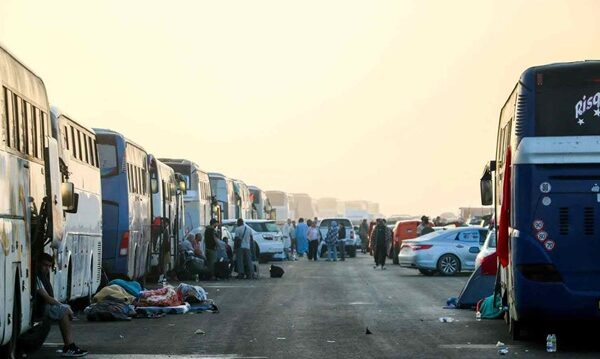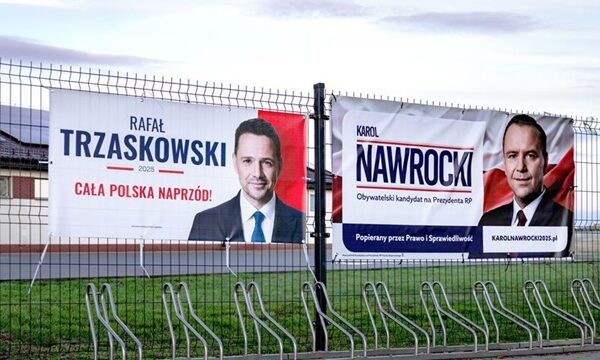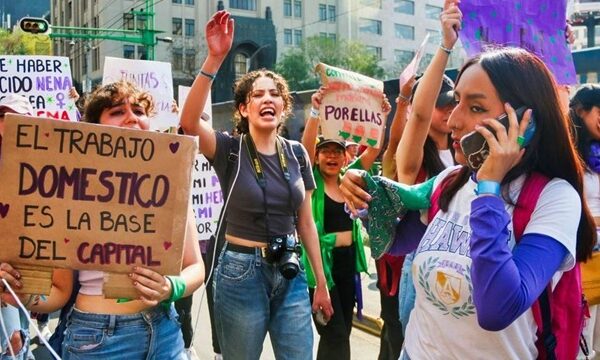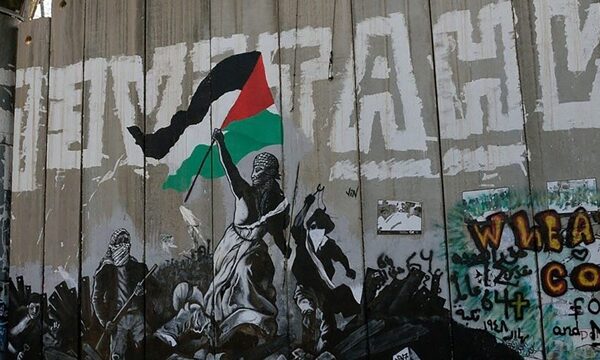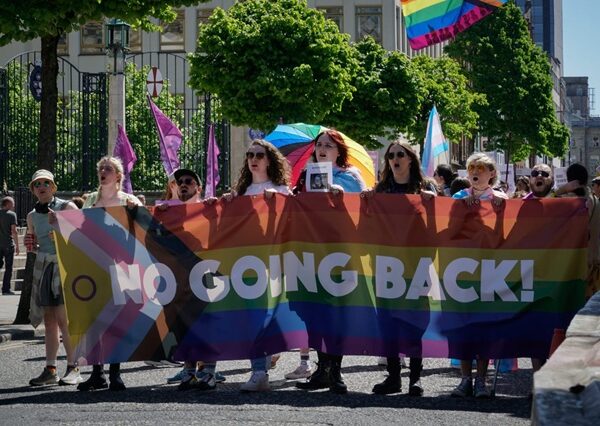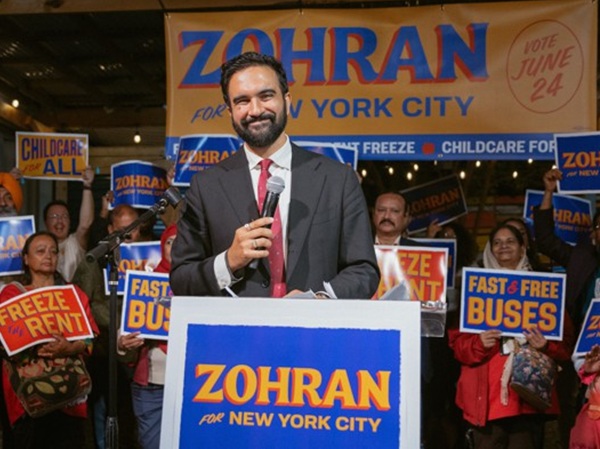
Zohran Mamdani victory – Billionaire establishment defeated in New York
The stark contrast between the two frontrunners in this election was a reflection of the sharpening political polarisation throughout society. New York City is home of key players of US capitalism, with over 100 billionaires as well as the world’s largest stock exchange.
On the other hand, one in four people are living in poverty.

